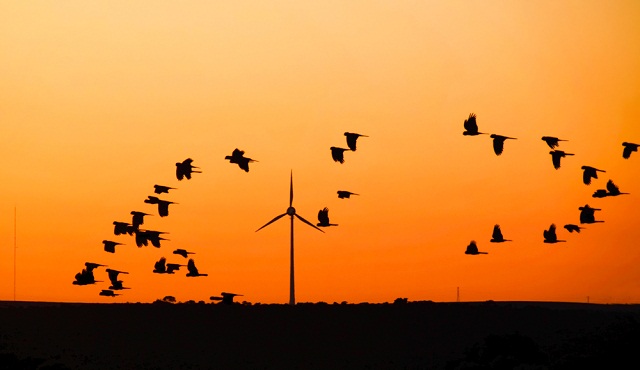Orion Jones
Managing Editor
Get smarter, faster, for success in the knowledge economy. Like us on https://t.co/6ZFWKpoKLi or visit https://t.co/d7r7dG2XOq
Researchers at the University of Notre Dame (surprise, surprise) reveal that tailgating is not just a huge excuse to get drunk, but an important community-building exercise that brings value to a university.
Writer Tony Naylor comments on the increased use of technology in UK restaurants, focusing on wine lists that come to the table on an iPad.
A Cleveland State University study suggests that speaking up during sex leads to more satisfaction with your sexual life…but some still prefer nonverbal cues.
According to a new study, fathers who co-sleep with their kids experience lower levels of testosterone. The findings imply that the ability to nurture children has a deeper biological basis than previously suspected.
A study done by Vonage shows that its users aren’t leaving or retrieving voicemails as often as they used to, leading some to wonder what this means for the future of voice message technology.
Thanks to a huge Kickstarter response, the Oculus Rift is ready to bring virtual reality technology back into gaming, motion sickness and all.
A recently-released line of state-of-the-art mainframes proves that, all these years later, IBM is still going strong in the Internet age.
Okay, not quite, but close: A new smart fabric, developed in Germany, can trigger an alarm when penetrated, and is flexible enough to be incorporated into building walls and floor coverings, among other materials.
Several new apps represent the modern version of two cans connected by a tight string: Two (or more) smartphones, connected by the Internet.
A World War II veteran has created a wind turbine that hides its blades inside a drum-like structure so that birds and bats won’t fly into them accidentally.
Thirty-five years after their launch, the two Voyager deep space probes are about to enter interstellar space, while still transmitting data back to Earth.
Several geoengineering schemes for solving global warming, ranging in cost and technical achievability, are evaluated in a new study.
A combined US/UK study claims that LED bulbs have a slight environmental edge over compact fluorescents, and with continued improvements that advantage is expected to grow significantly fairly soon.
A new report out by Oxfam says that the effects of climate change on the world’s food supply and food prices are greatly underestimated and must be taken more seriously.
Bowing to public pressure, Guangzhou and other Chinese metropolises are taking steps to improve the environmental quality of life for their citizens, signaling a recognition that growth for growth’s sake is bad policy.
Compelled by a programmer shortage, Estonia is implementing a computer programming curriculum that teaches children as young as 6 to code. It joins a growing movement that’s designed to make everyone “code-literate.”
A new site offers users the ability to create online flyers that they can post on their social networks, presumably saving paper, tacks, tape, and time.
New scientific evidence confirms that the mere presence of a cell phone can affect how you communicate with someone face-to-face.
Military adaptation of mobile technology has been limited due to a lack of communications access in remote areas. However, one company is looking to bring smartphone-like devices to soldiers in the field.
A company is bringing old science fiction titles back to life as e-books using a fair and sustainable business model, garnering praise from authors and readers alike.
Ethiopian Airlines is banking on the state-of-the-art Boeing 787 Dreamliner to help it transform the nature of air travel across the African continent and beyond.
Unionization rates have been dropping in both countries, but unlike the US, where anti-union employers hold sway, Canada has instituted laws and guidelines designed to protect and preserve the right to unionize.
Government efforts to circumvent poaching by providing a range of financial incentives to local villagers is enjoying success in Rwanda.
The number of Muslims on American college campuses has increased dramatically in recent years, with more students, particularly women, choosing to attend Catholic institutions.
Thanks to cross-border educational programs and standards, more Europeans are dating and marrying across country lines, helping to create a future “European” identity.
Because drinkers monitor their intake with reference to the halfway line of a glass, drinking speed varies depending on the shape of the glass.
People who work from home are more productive and more-productive people prefer to work from home. These conclusions will help continue the growing trend of at-home office space.
In times of economic hardship, different social classes respond differently. Upper classes turn inward and seek more individual finances while lower classes turn to their communities.
Researchers have found that emotionally healthy elderly individuals employ unique coping strategies to deal with life’s travails, focusing on the present rather than on feelings of regret.
Solitary confinement is a form of emotional torture which robs people of their very identities, and keeping inmates from human interaction will only worsen their reentry into society.





























